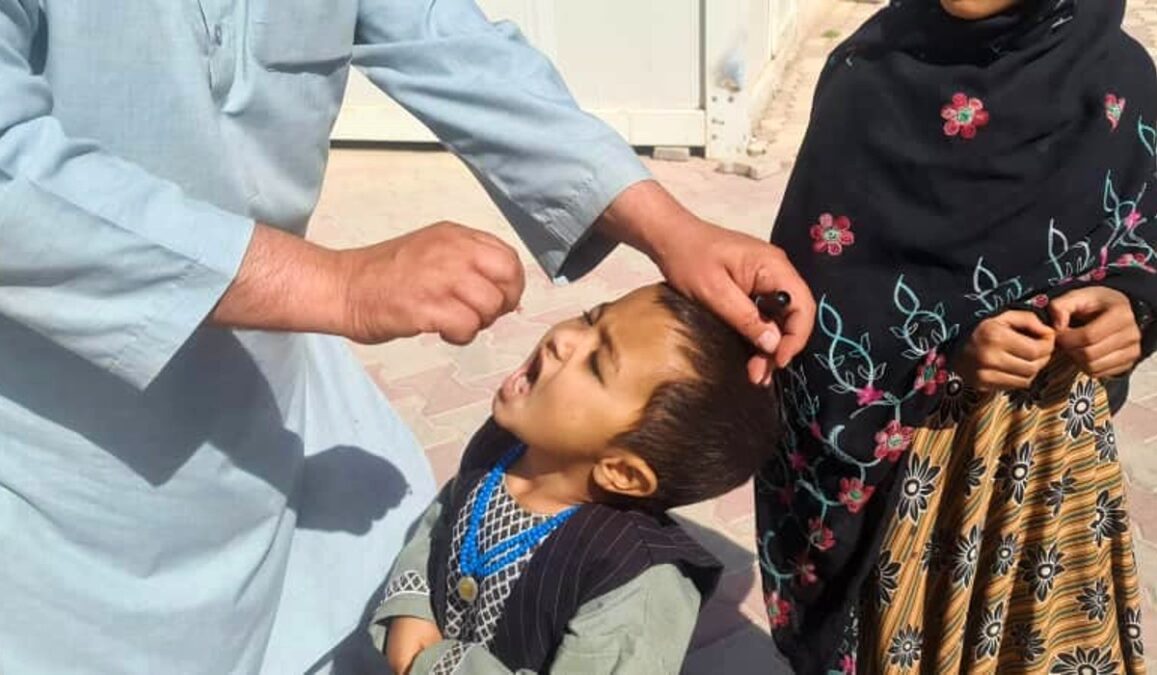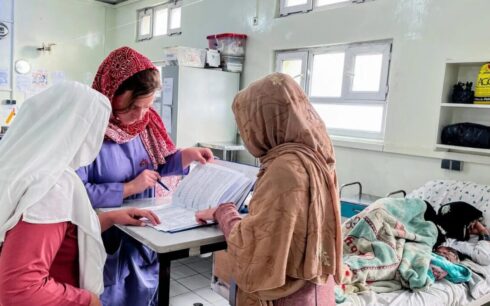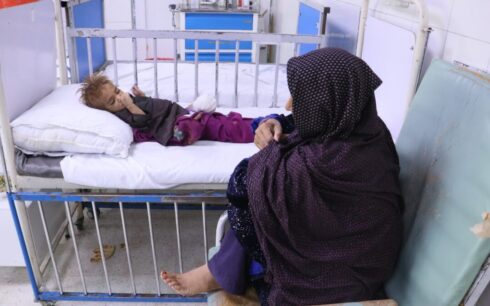KABUL — The suspension of house-to-house polio vaccination campaigns by the Taliban has left many children unvaccinated, raising fears of a resurgence of the crippling disease, residents say.
While a three-day polio vaccination campaign concluded last week in Kabul and 10 other provinces, some Kabul residents reported that their children did not receive the vaccine. Many expressed frustration over the lack of information about the campaign and criticized the Taliban’s decision to halt door-to-door vaccinations in September.
“Going to health centers is difficult for us. It requires transportation costs, and there is no clinic nearby,” said Shafiqa, a resident of Kabul. “In the past, the teams would come to our homes. Now they tell us to go to the clinic, but it’s not easy for us to vaccinate our children.”
Another resident called on health authorities to reinstate door-to-door campaigns. “I urge my fellow citizens to vaccinate their children and ask vaccination teams to visit every house,” she said. “The public must also cooperate with them.”
The World Health Organization (WHO) has previously raised concerns about the suspension of Afghanistan’s door-to-door polio vaccination efforts, warning that current health center-based campaigns do not reach all children, particularly younger ones and girls.
According to the WHO, Afghanistan has recorded 23 cases of polio in 2024, a rise compared to last year. Most cases were reported in Helmand and Kandahar provinces, areas where access to healthcare remains limited.
Residents fear that if restrictions on door-to-door campaigns are not lifted, polio cases will continue to rise, threatening the health and future of Afghanistan’s children.





